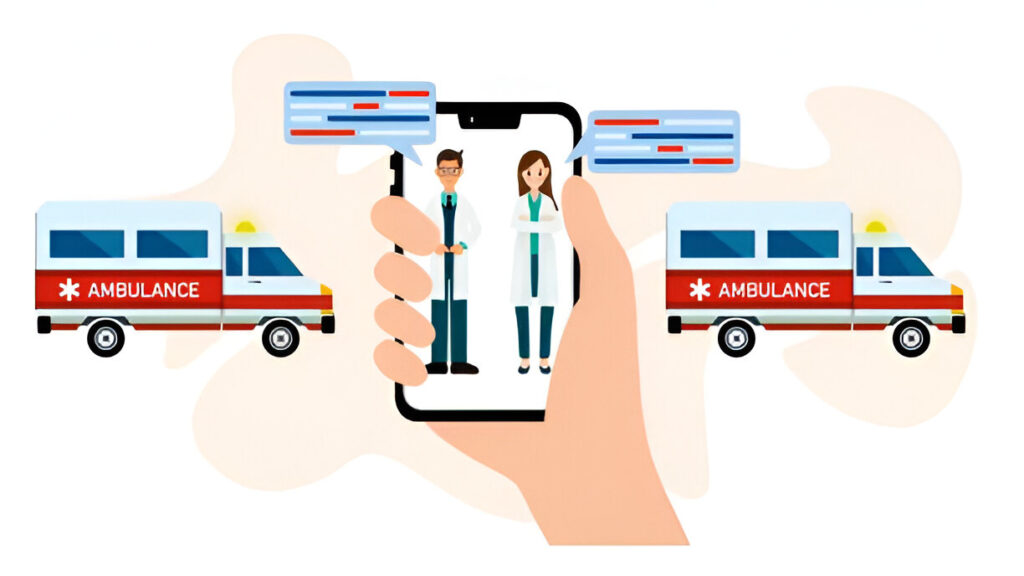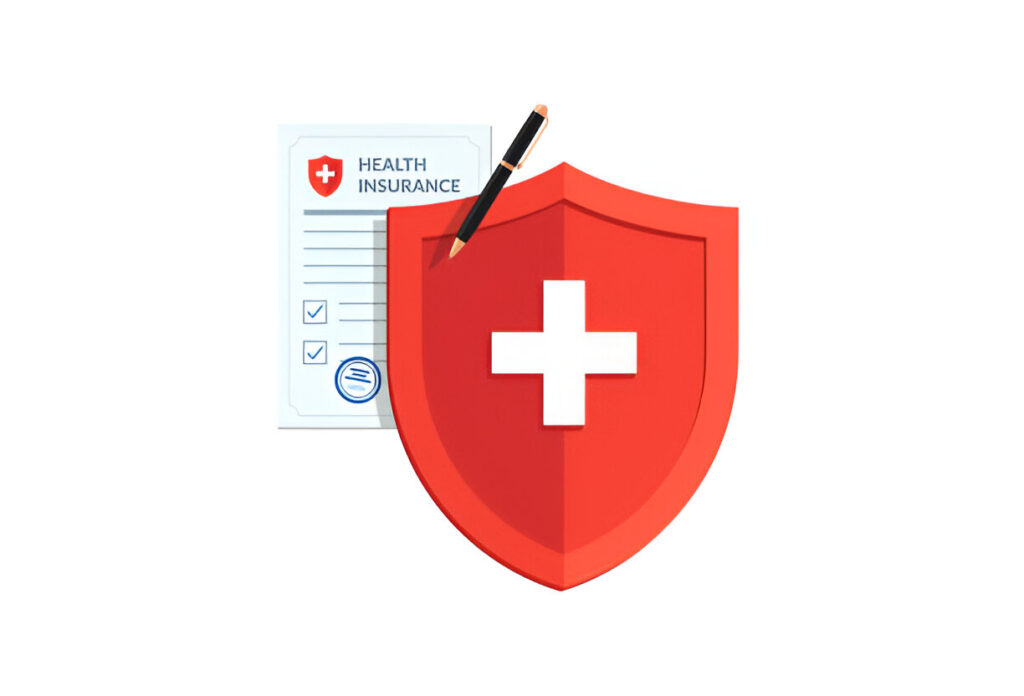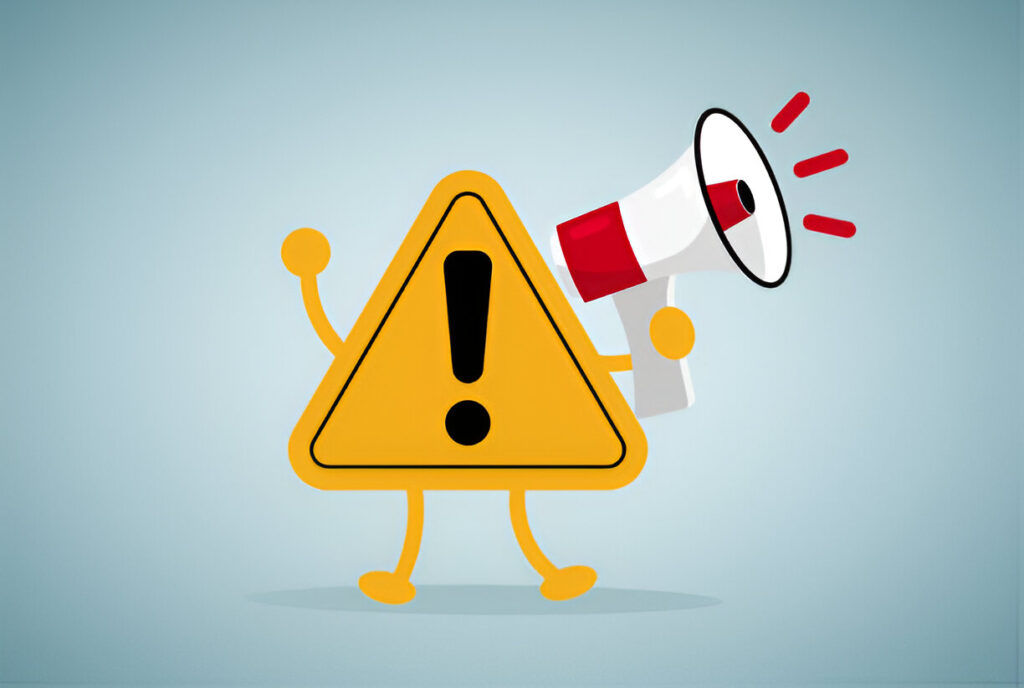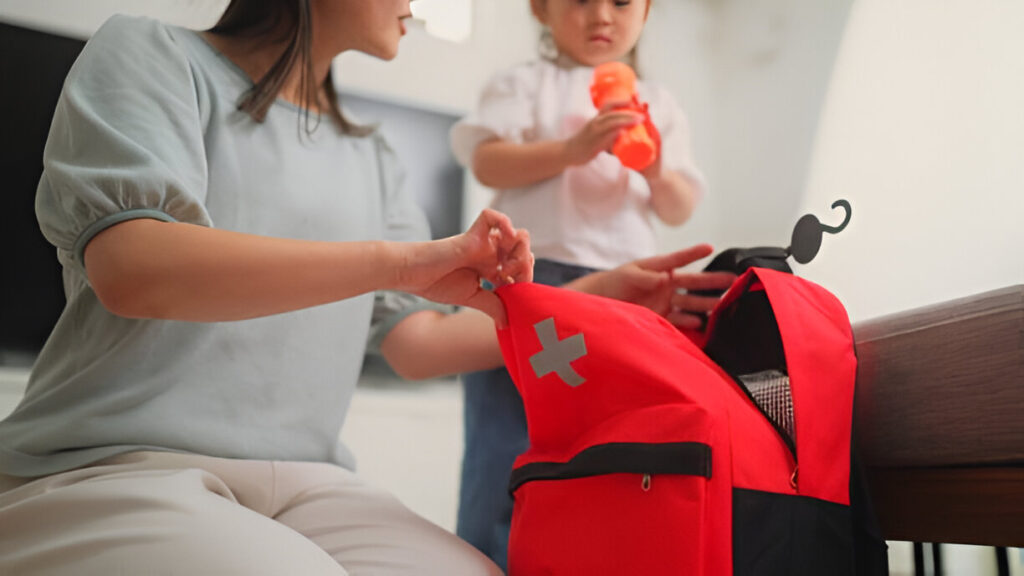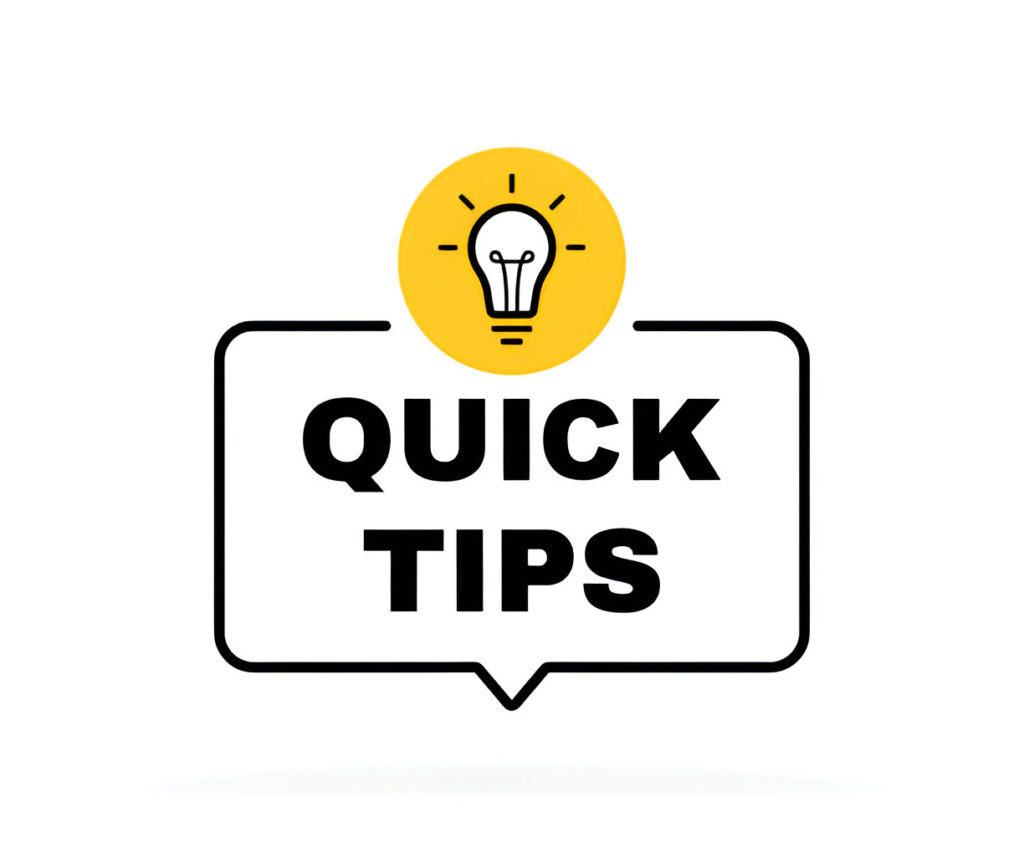Living abroad offers exciting opportunities and experiences, but it also comes with unique challenges—especially when it comes to managing medical emergencies. Whether it’s a sudden illness, an accident, or an existing condition that requires urgent attention, knowing how to handle medical emergencies effectively is crucial for your health and well-being. This blog post provides practical steps and advice for managing medical emergencies as an expat.

1. Preparation Before a Medical Emergency
1.1. Understand the Healthcare System in Your Host Country
1.1.1. Research Healthcare Services
Before moving abroad, it’s essential to research the healthcare system in your new country. Consider the following:
- Healthcare Structure: Determine whether the country has a public, private, or mixed healthcare system. Understanding this will help you navigate how services are provided and billed.
- Emergency Services Number: Familiarize yourself with the local emergency services number (e.g., 112 in Europe, 911 in the USA). Knowing this number can be crucial in urgent situations.
- Local Hospitals and Clinics: Identify nearby hospitals, clinics, and urgent care facilities. Make a list of their contact information and addresses for quick reference.
1.1.2. Health Insurance Coverage
Ensure that your health insurance policy provides adequate coverage for emergencies:
- Verify Coverage: Confirm that your insurance covers emergency medical services, including hospitalization, surgery, and emergency evacuation if needed.
- Understand the Process: Familiarize yourself with how to file a claim, what documentation is required, and any potential out-of-pocket expenses.
1.2. Prepare Essential Documents
Having the right documents readily available can make a significant difference in an emergency:
- Health Insurance Card: Keep a copy of your health insurance card with you at all times. This card is often required to access medical services and file claims.
- Medical History: Carry a summary of your medical history, including any chronic conditions, allergies, and current medications. This information will help healthcare providers understand your needs quickly.
- Emergency Contacts: Maintain a list of emergency contacts, including local hospitals, your insurance provider, and any local expat support groups.
1.3. Emergency Kit
Prepare an emergency kit with essential items:
- Medications: Include a supply of any essential medications you need, along with a copy of your prescriptions.
- First-Aid Supplies: Stock basic first-aid supplies such as bandages, antiseptics, pain relievers, and a thermometer.
- Important Documents: Keep copies of important documents such as your passport, health insurance details, and medical records.
2. Responding to a Medical Emergency
2.1. Stay Calm and Assess the Situation
In any emergency, remaining calm is crucial:
- Evaluate the Situation: Determine the severity of the situation. Is it a life-threatening emergency or a less urgent issue?
- Call for Help: If the situation requires immediate medical attention, call the local emergency services number. Provide clear and concise information about the situation and your location.
2.2. Seek Medical Attention
Depending on the severity of the situation, you may need to:
- Visit the Nearest Hospital: For serious emergencies, go directly to the nearest hospital or emergency room. In some countries, you may need to use an ambulance service, while in others, you can take a taxi.
- Visit a Clinic: For less urgent issues, visit a local clinic or general practitioner. Many countries have walk-in clinics for minor emergencies.
2.3. Communicate Effectively
Effective communication is essential for receiving the care you need:
- Language Barriers: If you don’t speak the local language, use a translation app or ask for a translator. Many hospitals and clinics have staff who can communicate in English or other major languages.
- Provide Accurate Information: Clearly explain your symptoms, medical history, and any relevant details to the healthcare providers.
3. Managing Medical Emergencies with Health Insurance
3.1. Know Your Coverage
Understanding your insurance coverage is vital:
- Emergency Services: Confirm that your policy covers emergency medical services, including hospitalization, surgery, and medications.
- Reimbursement Procedures: Familiarize yourself with the procedures for claiming reimbursement for medical expenses. This often involves submitting receipts and medical reports.
3.2. Contact Your Insurance Provider
During or after the emergency, contact your insurance provider to:
- Inform Them: Notify your insurer about the emergency and provide details about the treatment you received. This may help facilitate quicker reimbursement or assistance.
- Seek Assistance: Request assistance with arranging follow-up care or locating additional medical resources if needed.
4. Post-Emergency Actions
4.1. Follow-Up Care
After the initial emergency, you may need ongoing care:
- Follow Medical Advice: Adhere to the treatment plan and follow-up appointments recommended by your healthcare provider.
- Keep Records: Maintain records of all treatments and expenses for insurance claims and personal tracking.
4.2. Seek Support
Managing recovery might require additional support:
- Local Expat Groups: Connect with local expat communities for advice and support during your recovery. These groups can offer valuable information and assistance.
- Healthcare Providers: If you need ongoing care, find a local healthcare provider who can assist with your recovery and management.
5. Preparing for Future Emergencies
5.1. Emergency Plan
Develop a plan for handling medical emergencies:
- Emergency Contacts: Keep an updated list of emergency contacts, including local healthcare facilities and support services.
- Medical Insurance: Regularly review and update your health insurance policy to ensure it meets your needs.
5.2. Stay Informed
Stay informed about local health and safety conditions:
- Health Alerts: Monitor local health alerts and warnings that might affect your well-being.
- Safety Updates: Stay updated on safety issues in your area, such as natural disasters or public health concerns.
6. Real-Life Scenarios
6.1. Medical Emergency
Imagine experiencing a severe medical emergency, such as a heart attack or stroke. Here’s how to handle it:
- Call Emergency Services: Dial the local emergency number and provide details about your condition and location.
- Transport to Hospital: If required, use an ambulance or taxi to get to the nearest hospital with appropriate facilities.
- Medical Assistance: Communicate clearly with healthcare providers about your symptoms and medical history.
6.2. Accident or Injury
If you have an accident or injury, such as a broken bone or severe cut:
- Seek Immediate Care: Visit the nearest emergency room or urgent care clinic for treatment.
- Follow-Up: Ensure you follow the treatment plan and attend any necessary follow-up appointments.
7. Additional Tips for Expats
7.1. Learn Local Emergency Procedures
Familiarize yourself with local emergency procedures and resources:
- Emergency Contacts: Keep a list of emergency contacts, including local hospitals and expat support services.
- Local Language: Learn key medical terms in the local language to assist in communicating with healthcare providers.
7.2. Stay Connected
Keep in touch with friends, family, and support networks:
- Inform Others: Let someone know about your situation if you’re dealing with a medical emergency. They can provide support and help if needed.
- Access Resources: Utilize local expat resources and support groups for additional assistance and information.
Conclusion
Handling medical emergencies while living abroad requires preparation, awareness, and prompt action. By understanding the healthcare system in your host country, having the necessary documents and insurance, and knowing how to communicate effectively, you can manage emergencies more effectively. Preparing in advance and staying informed will help you navigate medical situations with confidence and ensure your health and safety while living abroad.
Get your personalized quote today by clicking here PURL and feel free to contact us with any questions—your peace of mind – while traveling abroad is just a step away!


